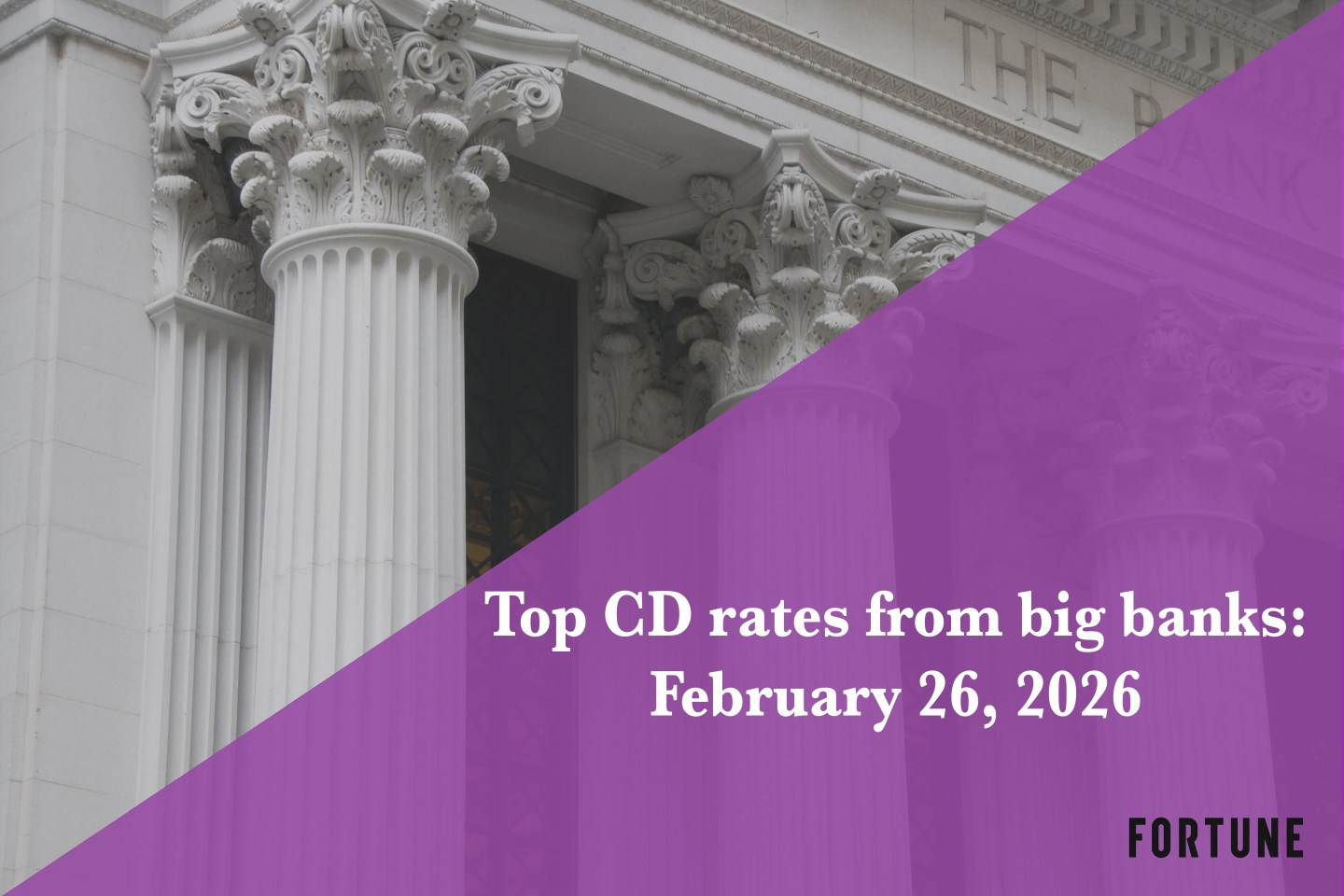- JPMorgan CEO Jamie Dimon expects to see more bankruptcies like First Brands’ if the private credit market goes into an economic downturn. “I probably shouldn’t say this, but when you see one cockroach, there are probably more. And so we should—everyone should be forewarned on this one,” he told analysts on his Q3 earnings call. More broadly, JPMorgan, Goldman Sachs, and Citi all said their private credit books were diversified and high-grade.
Executives at JPMorgan, Goldman Sachs, and Citi all used their earnings calls yesterday to assure investors that the bankruptcy of auto parts supplier First Brands—which had borrowed more than $10 billion—did not mean that the private credit market is systemically weak.
But JPMorgan CEO Jamie Dimon also warned that if or when an economic downturn comes, investors should expect more companies that have taken on too much debt go the way of First Brands.
“My antenna goes up when things like that happen,” the Wall Street veteran said. “And I probably shouldn’t say this, but when you see one cockroach, there are probably more. And so we should—everyone should be forewarned on this one.”
JPM wrote off $170 million in bad debt to car dealership company Tricolor in the quarter, but had no exposure to First Brands.
CFO Jeremy Barnum said: “A lot of the private credit actors are large, very sophisticated, very good at credit underwriting. So I don’t think … that there are necessarily lower standards there or a huge systemic problem.
“That lending follows our normal practices. It’s often highly secured. And everything we do is in one way or another risky. But I’m not sure that our lending to the [nonbanking financial institution] community is an area of risk that we see as more elevated than other areas of risk,” Barnum said on the call.
Dimon was a little more cautious, noting: “I would say that, yes, there will be additional risk in that category that we will see when we have a downturn. I expect it to be a little bit worse than other people expect it to be, because we don’t know all the underwriting standards that all of these people did.
“Jeremy said these are very smart players. They know what they’re doing. They’ve been around a long time, but they’re not all very smart. And we don’t even know the standards [of] other banks’ underwriting to some of these entities. And I would suspect that some of those standards may not be as good as you think. Hopefully, we are very good, though we make our mistakes, too, obviously.”
Wider Wall Street focus
Goldman Sachs CEO David Solomon addressed the same issue on his call: “We have a very, very diversified book of lending exposure. The vast majority of our lending is collateralized financing and investment-grade rated structures. So the vast majority of it is investment-grade rated. But look, we’re constantly risk-managing. We’re constantly trying to create more capacity to do other things to support our clients. And we think about it as a broad, big diversified portfolio.
“Obviously, if you got into a period where we had a credit cycle, which we have not had in quite some time, there’d be headwinds for all the banks,” he added. “But I think we feel very, very good about our processes, our collateral, the structure of the book.”
At Citi, CFO Mark Mason said his bank’s private credit book was “predominantly investment grade … That means we’re working with top-tier asset managers that are sponsors for private credit or established consumer platforms. We’re maintaining collateral pools that are well-diversified with concentration limits,” he said.













